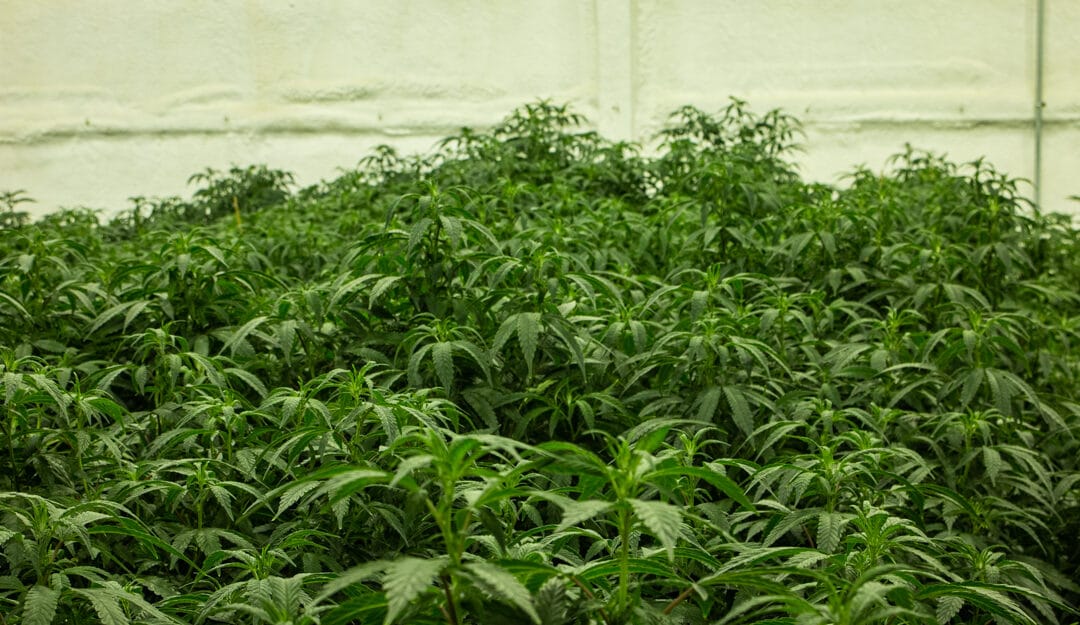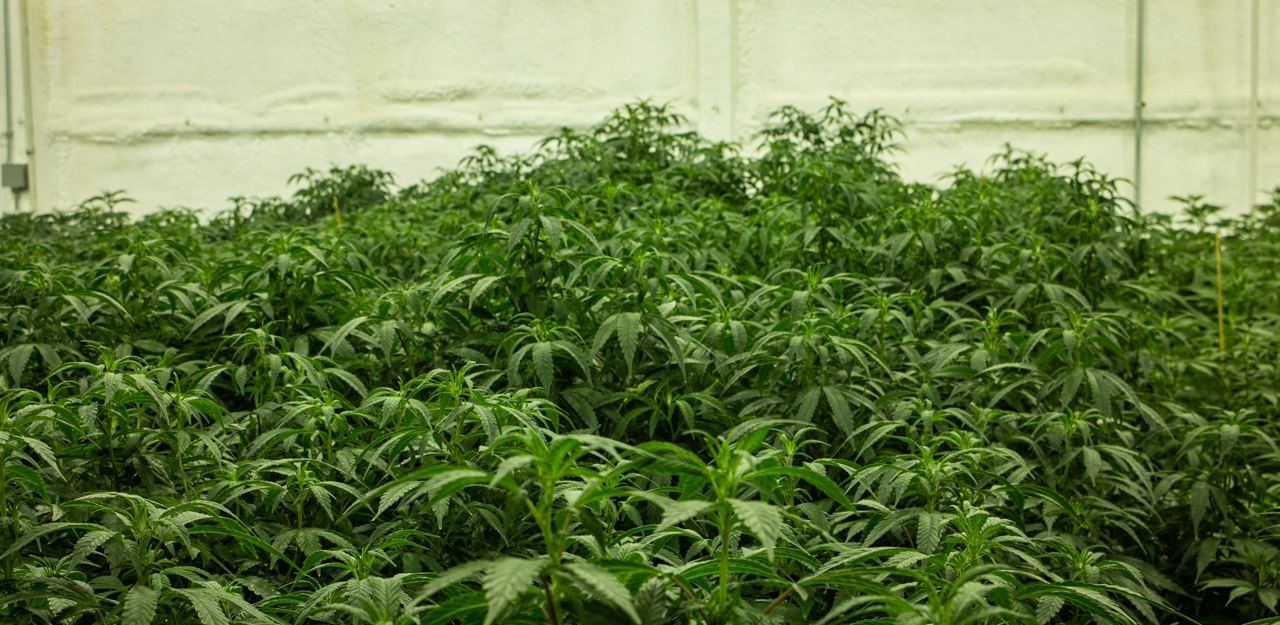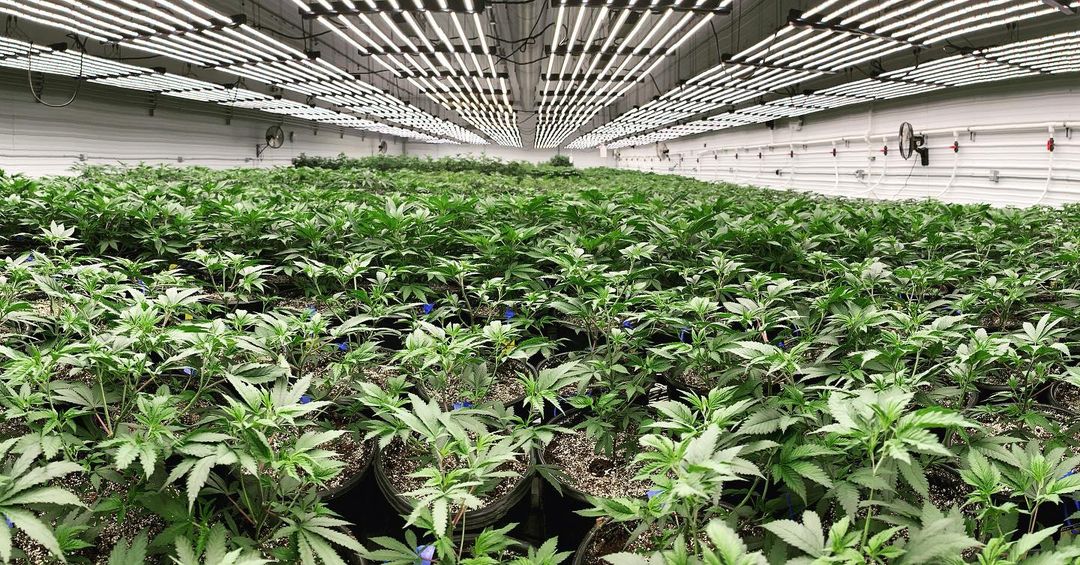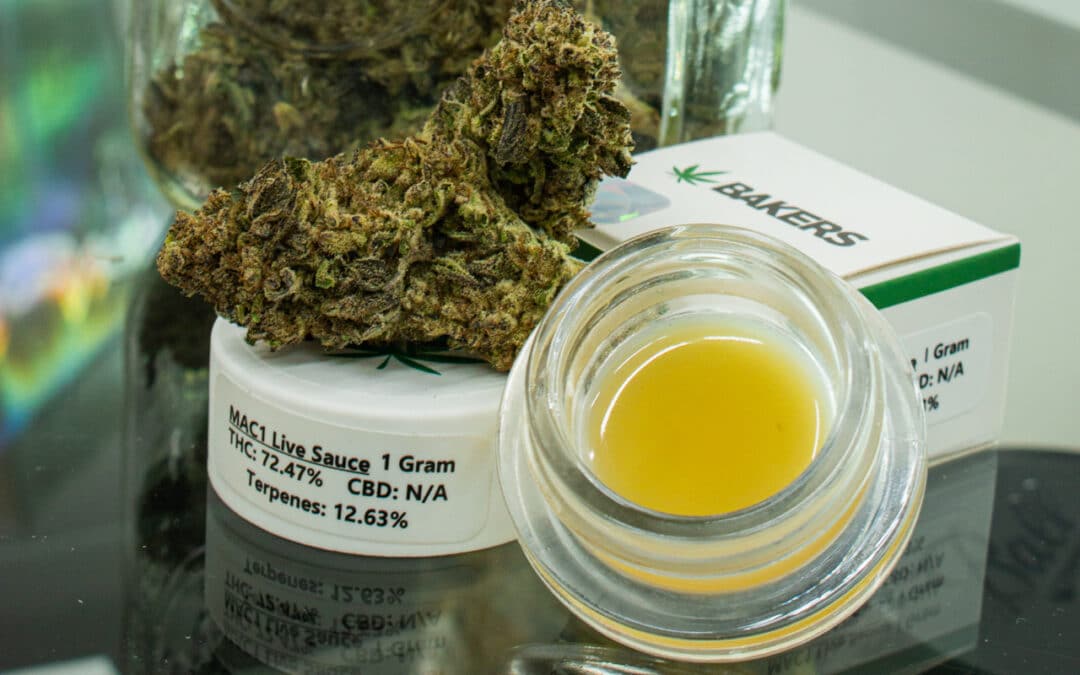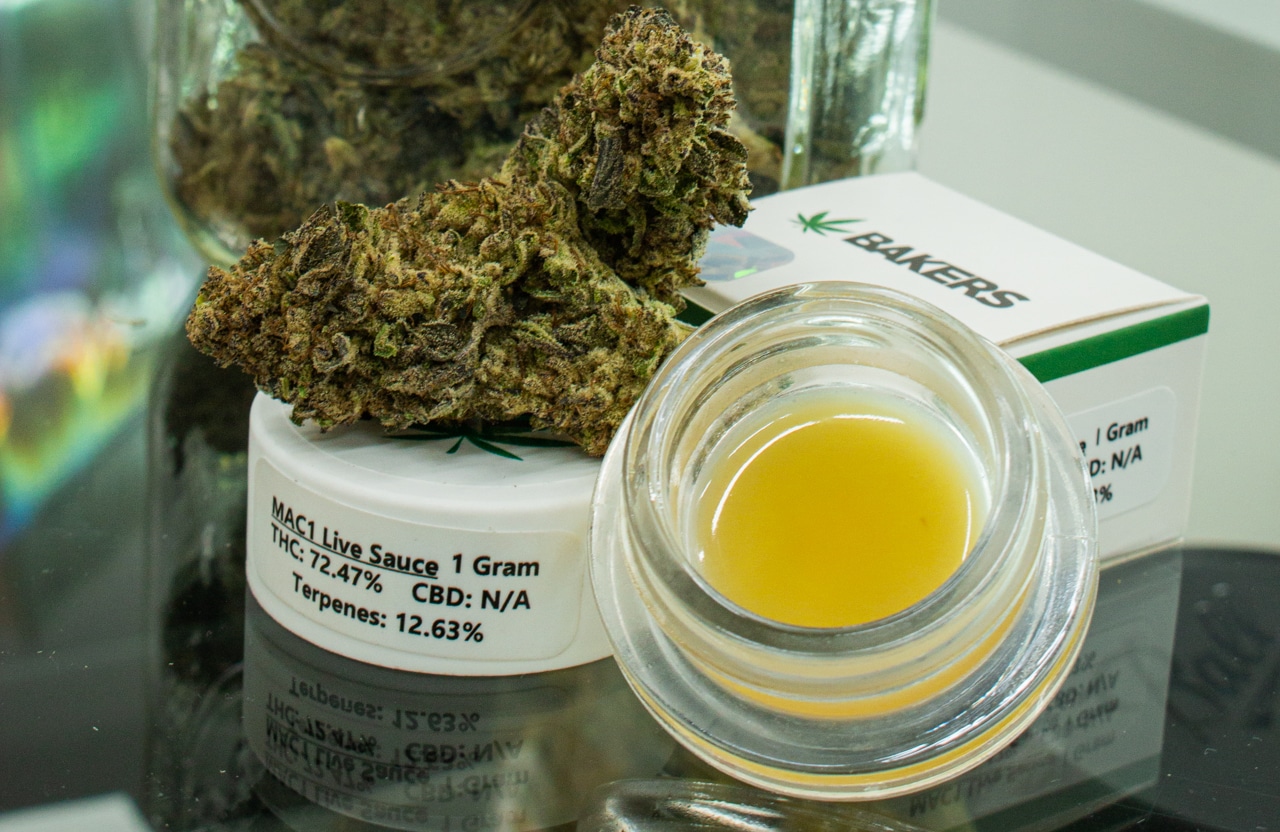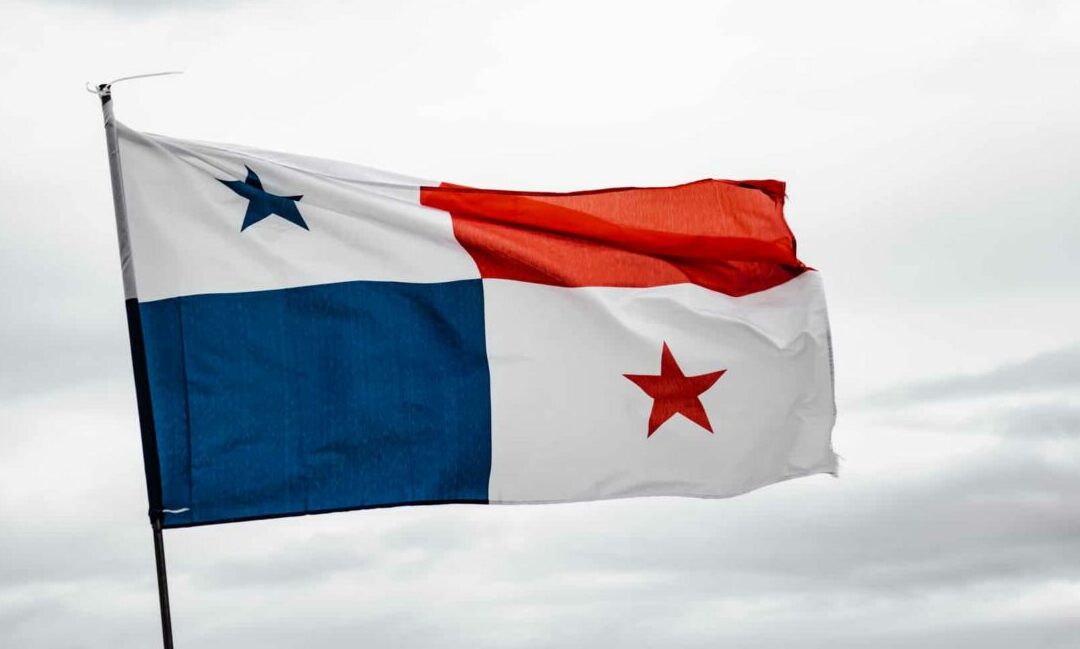
Panama medical marijuana bill passed by Congress in unanimous vote
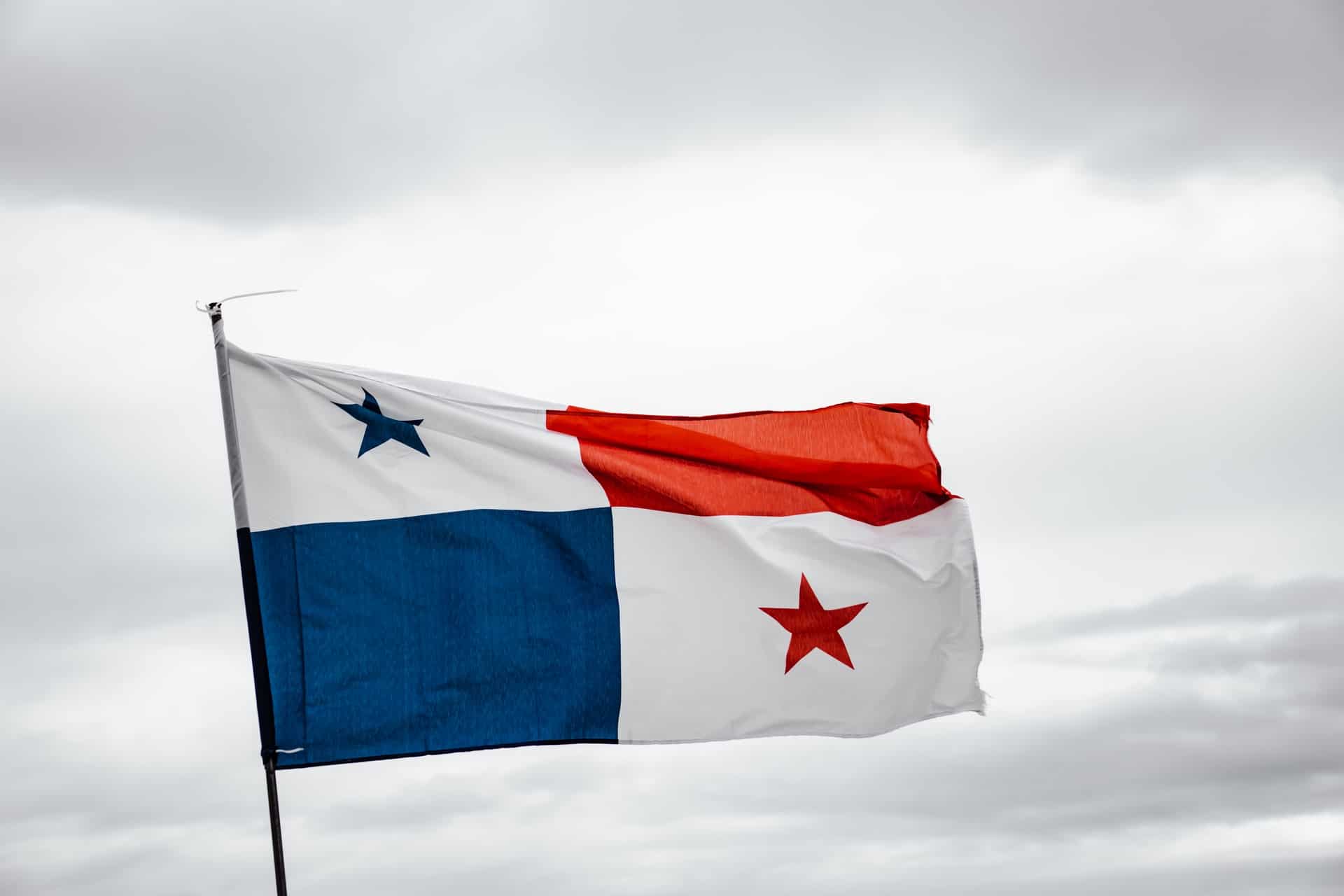
The National Legislative Assembly of Panama has approved this Monday a bill that legalizes the medicinal use of cannabis with 44 votes in favor and none against. It thus becomes the first country in Central America to regulate the consumption of this substance.
The new law, which will come into force after its approval by President Laurentino Cortizo, will create a regulatory framework for the use and controlled access of cannabis “for therapeutic, medical, veterinary, scientific and research purposes”, as stated in the approved text.
This measure responds to a historical claim of patients from different pathologies, to which this substance could help mitigate pain, and to which they only had irregular access. Those who will see their quality of life improved are people with glaucoma, epilepsy, arthritis, multiple sclerosis, migraines or seizures and those who suffer from different types of pain, including those caused by cancer.
From now on, in Panama the import, export, cultivation, production and commercialization of cannabis and its derivatives will be allowed through licenses granted by the state. Its cultivation will take place in established areas with limited access and only pharmaceutical companies or companies specialized in therapeutic services will be able to acquire and commercialize it. Its illegal production and sale will be punished with penalties of 10 to 15 years in prison.
Thus, the sale of cannabis at home, through the Internet or outside authorized establishments is prohibited. Likewise, its advertising in the media or social networks will also be prohibited.

